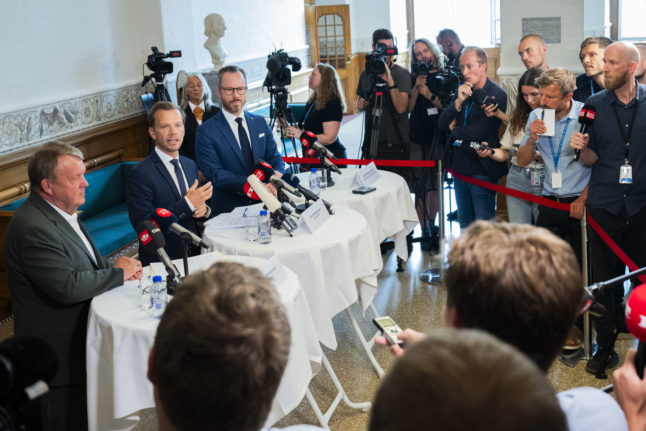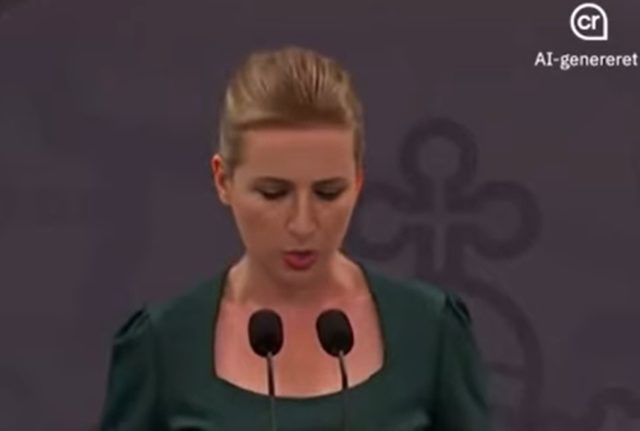Denmark’s government plans to ban Quran burnings, Justice Minister Peter Hummelgaard said on Friday, after a string of desecrations of Islam’s holy book in the Scandinavian nation sparked anger in Muslim countries.
The government will present a bill that will “prohibit the inappropriate treatment of objects of significant religious importance to a religious community,” Hummelgaard told reporters, adding that the legislation was aimed especially at burnings and desecrations in public places.
Hummelgaard said Quran burnings were a “fundamentally contemptuous and unsympathetic act” that “harm Denmark and its interests”.
The new legislation would be included in chapter 12 of Denmark’s penal code, which covers national security.
Hummelgaard said that national security was the main “motivation” for the ban.
“We can’t continue to stand by with our arms crossed while several individuals do everything they can to provoke violent reactions,” he said.
READ ALSO:
- EXPLAINER: Can Denmark make it illegal to burn holy texts?
- Why has Denmark not raised terror threat level like Sweden?
The legislation will also apply to desecrations of the Bible, the Torah or, for example, a crucifix.
Those who break the law risk a fine and two years in prison.
“The government desired a limited and precise legal intervention,” Hummelgaard said.
“[Quran burnings] damage Denmark and Danish interests. It it risks damaging security for Danes abroad and here in Denmark,” he said.
An existing paragraph which already bans, in theory, the burning of other states’ flags, will be expanded to include the Quran and other objects of high religious importance, the government said.
The new law will be worded to cover “inappropriate” treatment of these objects and may therefore not be limited to burning.
Hummelgaard said he was “not going to make an exhaustive list” of what that might entail.
“But it is clear that this certainly covers burning, desecration, stamping and whatever else, and the finer definition will be up to a judge,” he said.
Punishment for breaking the law can extend from a fine to two years in prison.
The change to the law will require a bill to be submitted in parliament and eventually adopted by a majority. The coalition government holds a majority of seats in Denmark’s 179-seat assembly.
The bill will enter a four-week consultation phase and could be formally tabled when parliament opens for the autumn session on October 3rd.
But given the risk “the situation can quickly change” the Justice Ministry also said it would table the bill on September 1st so it can “be processed and adopted before the end of the [current] parliamentary year”.
At the end of July, the government said it would explore legal means of stopping protests involving the burning of holy texts in certain circumstances.
That came after diplomatic and public backlash in several Muslim countries after the Quran was repeatedly desecrated by individuals in Denmark and Sweden.
READ ALSO: TIMELINE: The July Quran burnings in Denmark
Noting that such protests played into the hands of extremists, the government said it wanted to “explore” intervening in situations where “other countries, cultures, and religions are being insulted, and where this could have significant negative consequences for Denmark, not least with regard to security,” it said in a statement from the foreign ministry.
Hummelgaard on Friday denied the new law would put Denmark on a “slippery slope” to restrictive rules on free speech, a concern raised by critics of potential legislation against Quran burnings as well as opposition parties.
“The government has an overall responsibility for Denmark and all Danes. We are making a difficult legal and political judgement,” he said.
The coalition has no plans to enact more laws “of the same character”, he said.



 Please whitelist us to continue reading.
Please whitelist us to continue reading.
Member comments